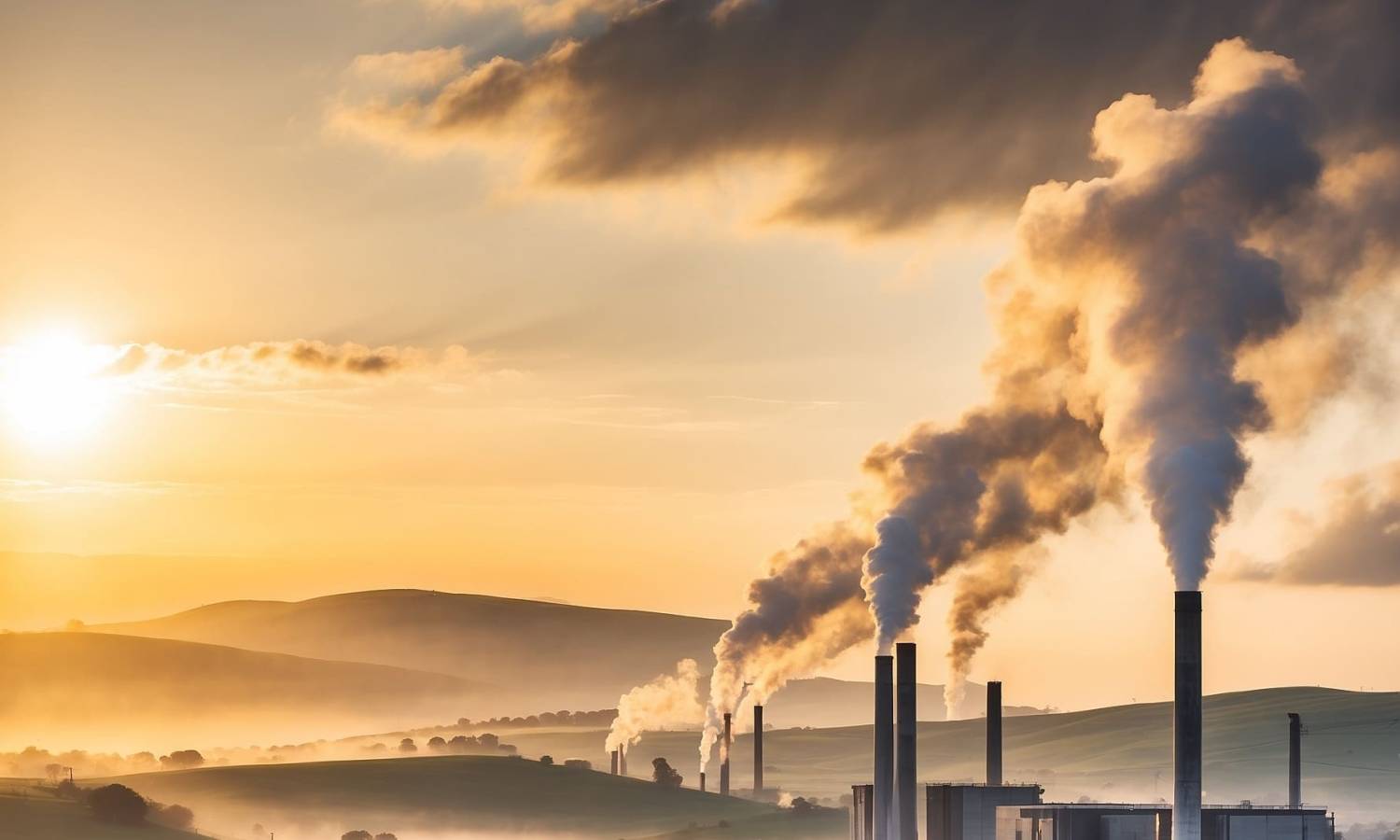
UK's 2025 Shift to Heat Pumps and Zero-Carbon Standards
The government is firmly committed to making heat pumps the main heating solution for residential buildings, starting in 2025. This decision is based on a recent consultation about the Future Homes Standard.
The consultation's official report clearly indicates that heating systems based on fossil fuels, hydrogen, and other hydrogen solutions do not align with the goal of developing homes that are ready for a zero-carbon future.

This pivotal consultation period is slated to extend until March 6, 2024.
The government expounded on its vision:
"Heat networks possess immense potential for delivering heat with remarkable efficiency. Within these networks, heat pumps can be seamlessly integrated with thermal storage systems, allowing for heat generation during periods characterized by low-cost and low-carbon electricity sources."
This innovative approach not only optimizes energy efficiency but also alleviates peak electricity demand on local grids. Heat pumps incorporated into heat networks often exhibit a superior seasonal coefficient of performance, and they can be fine-tuned for maximal efficiency. Additionally, there is a proposal for a concurrent benchmark building that will serve as the gold standard for new heat networks.

The introduction of these stringent regulations mandating cost-effectiveness, low-carbon emissions, and energy efficiency in all new homes marks a significant leap forward in the mission to decarbonize residential heating. This fresh standard is poised to trigger a substantial surge in heat pump installations, transforming the market from 50,000 to 250,000 installations practically overnight.
This development not only fosters increased market confidence but also incentivizes substantial investments in new manufacturing facilities and the ongoing enhancement of supply chains by industry players.

The importance of these proposals is immense. They highlight a clear commitment to prioritizing heat pumps and low-carbon heat networks as the primary heating options in new homes. This approach essentially means banning new connections to the gas grid and installing boilers that are supposedly ready for hydrogen.
Continuing to use these obsolete technologies in new build properties would only continue the uncertainty about the direction of home heating. This would leave many new homeowners at a disadvantage, as they would eventually need to replace their fossil-fuel-based heating systems.




